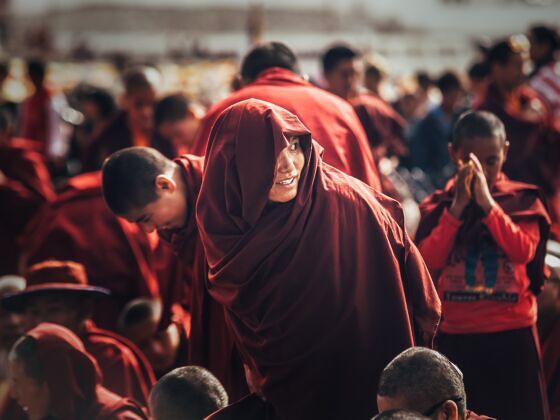I write for a newspaper, says Dan Gardner, in so many words.
When I author, I am relevant and topical. My vocabulary is college-approved, my message fit to modern style. My insight and I share a desk in an office – bastion against the screaming ignorance of the pop mob.
If not for me and the degree in my holster, the tone is felt, come the Visigoths.
